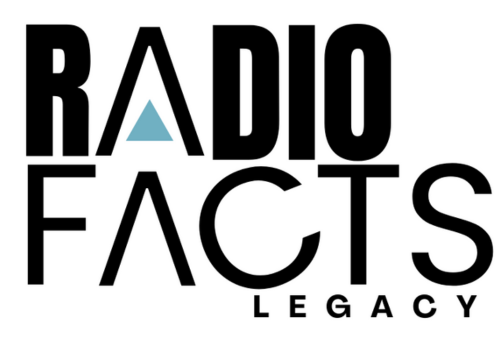For the most part, Face ID appears to be safe but we also allow a lot of technology into our lives without giving it much thought. Have you ever noticed that you could think about something or mention it, and then suddenly, you see ads for it on your timelines on social media?

One is left to think that smart speakers and laptops and desktops with open mics and cameras could be the culprit in garnering information about us as a result is seeing advertising about the things that you are either thinking about or talking about, which is already intrusive since it is without your permission, but how much consent are we giving apps on our phones and other devices to listen in on our conversations or turn our cameras or microphones on and off at any time? The details are usually in the fine print of those apps when we download them, which nobody ever reads, and we scroll down and accept the terms, not knowing what we are signing up for.
For the most part, Face ID is supposed to protect us by ensuring that it is us using apps or devices. But the question becomes where is that image going, and can it be hacked to access your account information with easier access?
There are a lot of software and applications that use Face ID technology. And with identity theft, one has to question if this is a safe method since your picture will now be attached to all your information, and you don’t know how that image will be used. While Face ID has been around since about 2015, there are some concerns from some agencies like Equifax about using Face ID and some court crimes. Authorities are also now warning that you turn your face ID off when you go out.
Facial recognition identity risks
Facial recognition can be useful for governments, companies, and consumers, but it also comes with risks, especially to individuals. The latter includes:
The lack of permission
Facial recognition data can easily be collected in public places – all the software would need is a clear image of the subject’s face.
Predatory marketing
Software that analyses facial expressions could potentially be put to use by some companies to prey on vulnerable customers. This could be done by segmenting extreme emotions – such as distress – and tailoring their products and services to these individuals.
Disadvantages when applying for jobs
Job applicants who don’t want to give potential employers access to details of their personal lives can keep these private, such as by selecting the related privacy settings on social media. However, facial recognition could allow recruiters to find out more about you than you’d realize.
Stalking
Tools like reverse image searches can provide stalkers more data about their victims.
Identity fraud
Criminals who have collected enough personal information on you could commit identity fraud. This could have a significant effect on your personal life, including on your finances.
How to protect yourself against the risks
Used responsibly, facial recognition can be a useful tool. However, trying to protect yourself from potential risks is still practical. If you’re offered the option to capture your image for facial recognition purposes, stop and consider whether it’s worth it.
Unfortunately, some practices don’t involve asking individuals for permission to collect facial data. This means it’s worth being vigilant and watching for any signs that your identity may have been stolen. source








